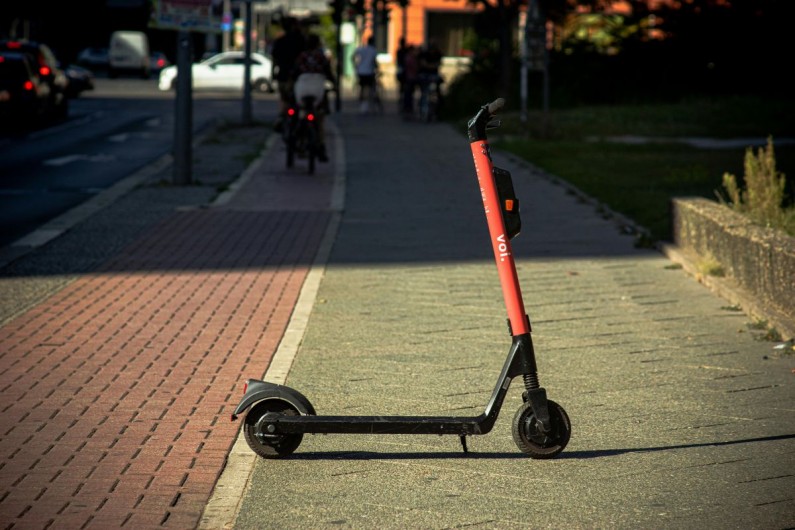E-Scooter Injuries and Children: What Parents in Alberta Need to Know

With the growing popularity of e-scooters in cities across Alberta, it is no surprise that more children and teens are riding them for fun and convenience. However, the rise in e-scooter use has also led to a sharp increase in injuries—many of them serious. From head injuries to broken bones, emergency rooms are seeing a steady stream of young riders hurt in preventable accidents. This trend raises important legal questions for parents about safety, liability, and their responsibilities under the law.
Shared e-scooter programs like Lime and Bird require users to be at least 18 years old. Despite this, it is common to see minors using them, often with a parent’s account or without supervision. These scooters can travel up to 30 km/h and weigh as much as 50 pounds. When used by children—who may lack the judgment, experience, or physical coordination to operate them safely—the risks multiply. Helmet use among young riders remains extremely low, and many accidents occur on sidewalks or in areas where scooter use is prohibited.
If a child is injured while riding an e-scooter, the legal consequences can vary. In some cases, the scooter company may bear some responsibility, particularly if the scooter was malfunctioning. In others, the municipality may be liable if poor road or pathway conditions contributed to the incident. However, parents may also face legal exposure, especially if they knowingly allowed their child to use an adult account to unlock the scooter. If another person is injured as a result of the child’s actions, the parent may be held accountable for negligent supervision or misuse.
Another concern is insurance coverage. Many families assume their auto or home insurance will cover these types of accidents, but that is not always the case. If a scooter is used in a way that violates bylaws or user agreements, insurance providers may deny coverage altogether. This can leave families responsible for significant out-of-pocket expenses, including medical costs, property damage, and potential legal claims.
To help prevent these situations, parents should take proactive steps. Children under 18 should not be using shared or privately owned motorized scooters on public roads or sidewalks. For young adults who meet the legal age requirements, wearing helmets, avoiding impaired riding, and sticking to designated pathways are essential. Families should also speak with their insurance provider to understand what coverage, if any, is in place for e-scooter-related incidents.
E-scooter injuries can raise complex legal questions. If your child has been hurt, reach out to Weir Bowen LLP to discuss your options and get trusted legal guidance.
